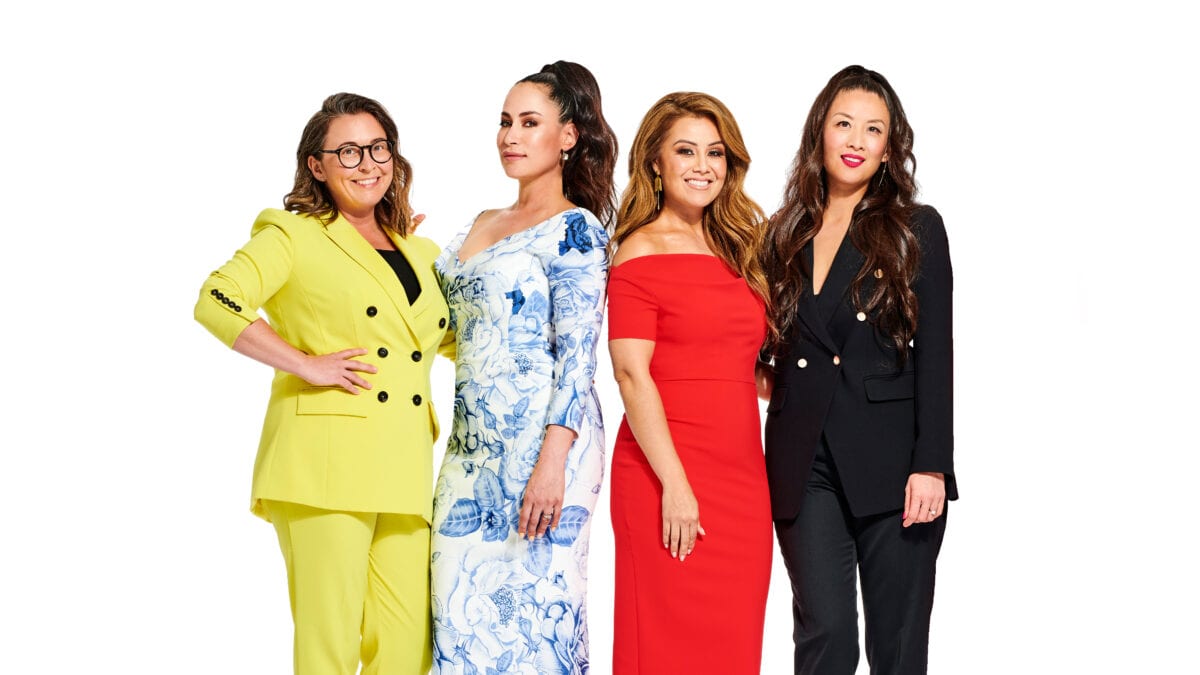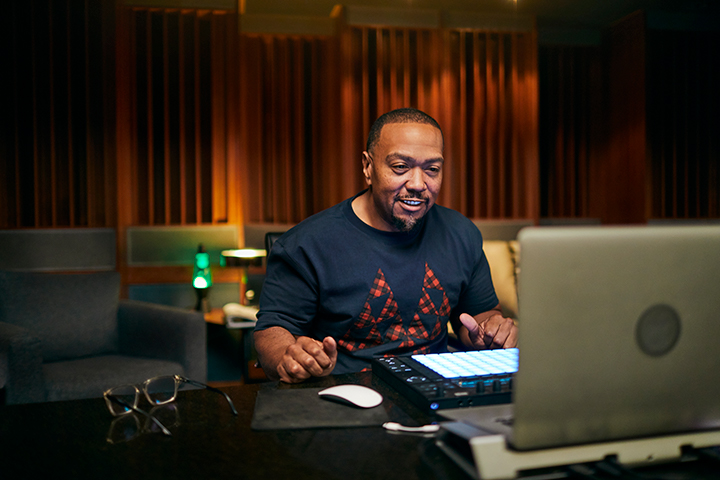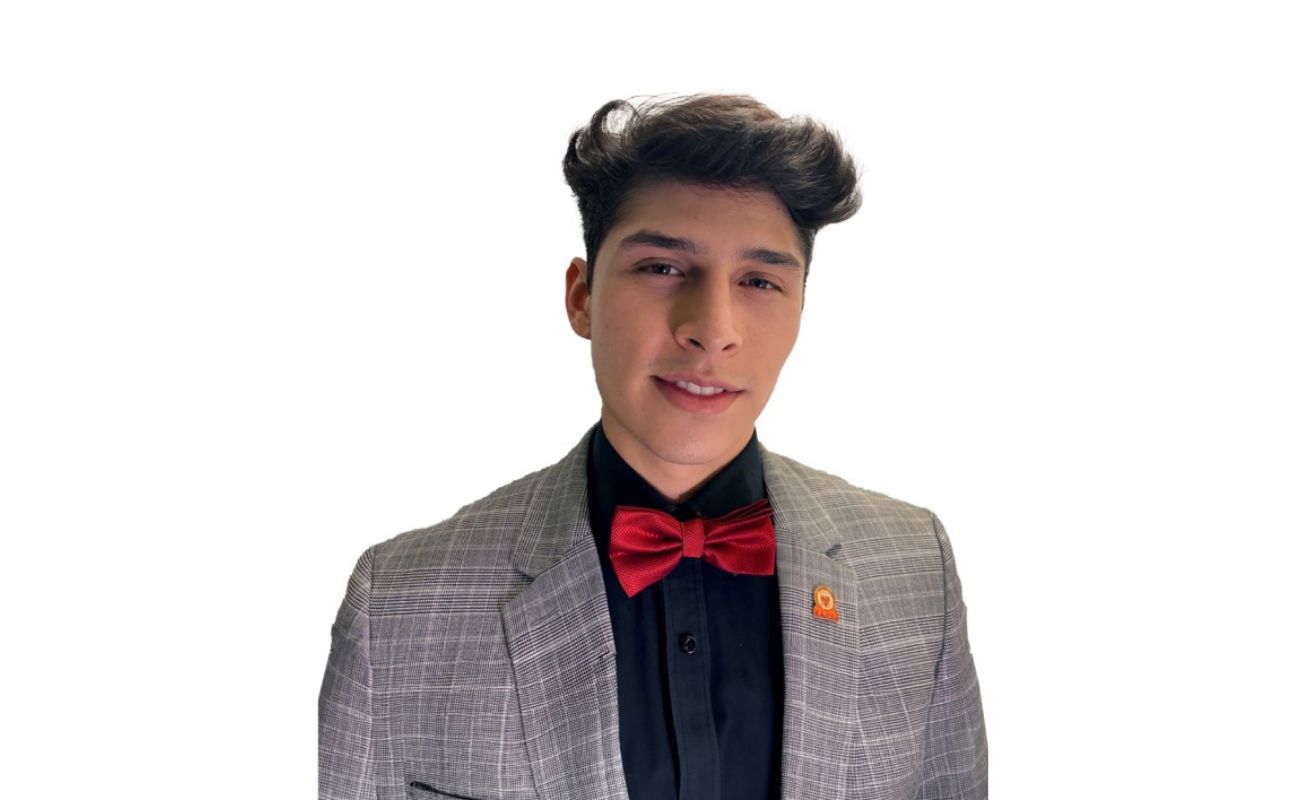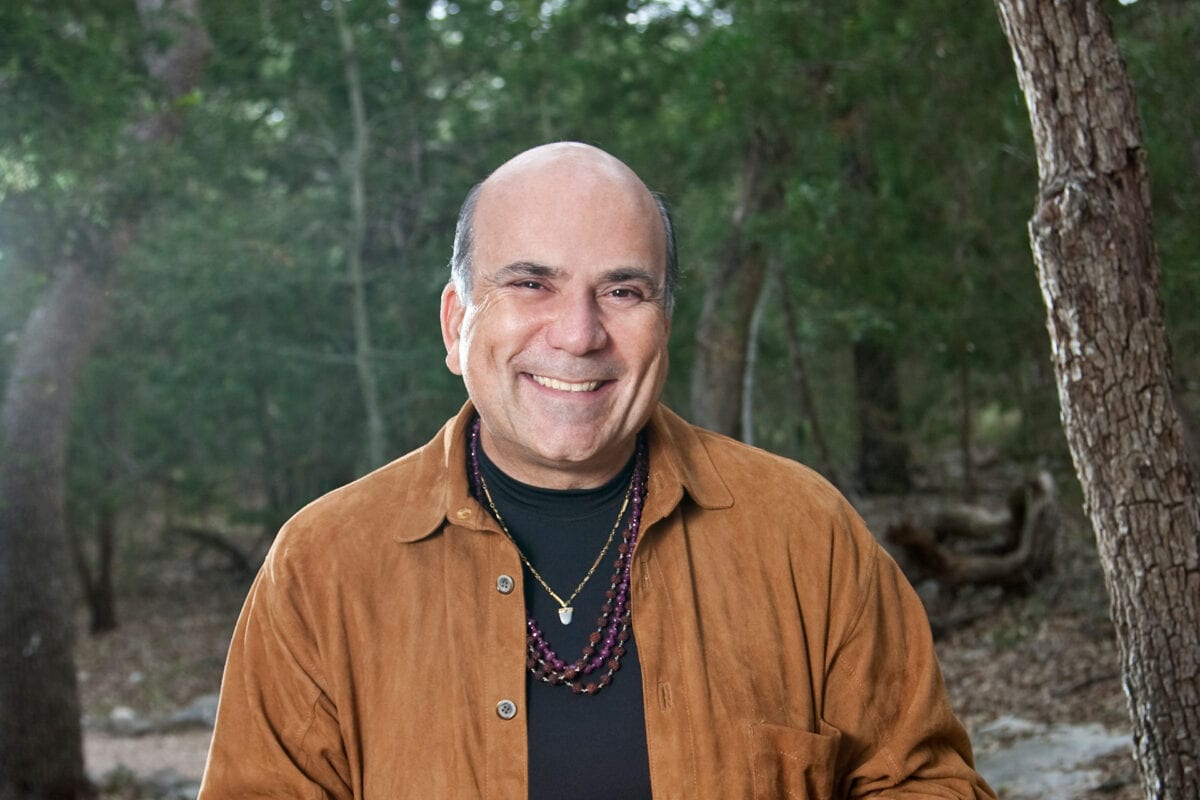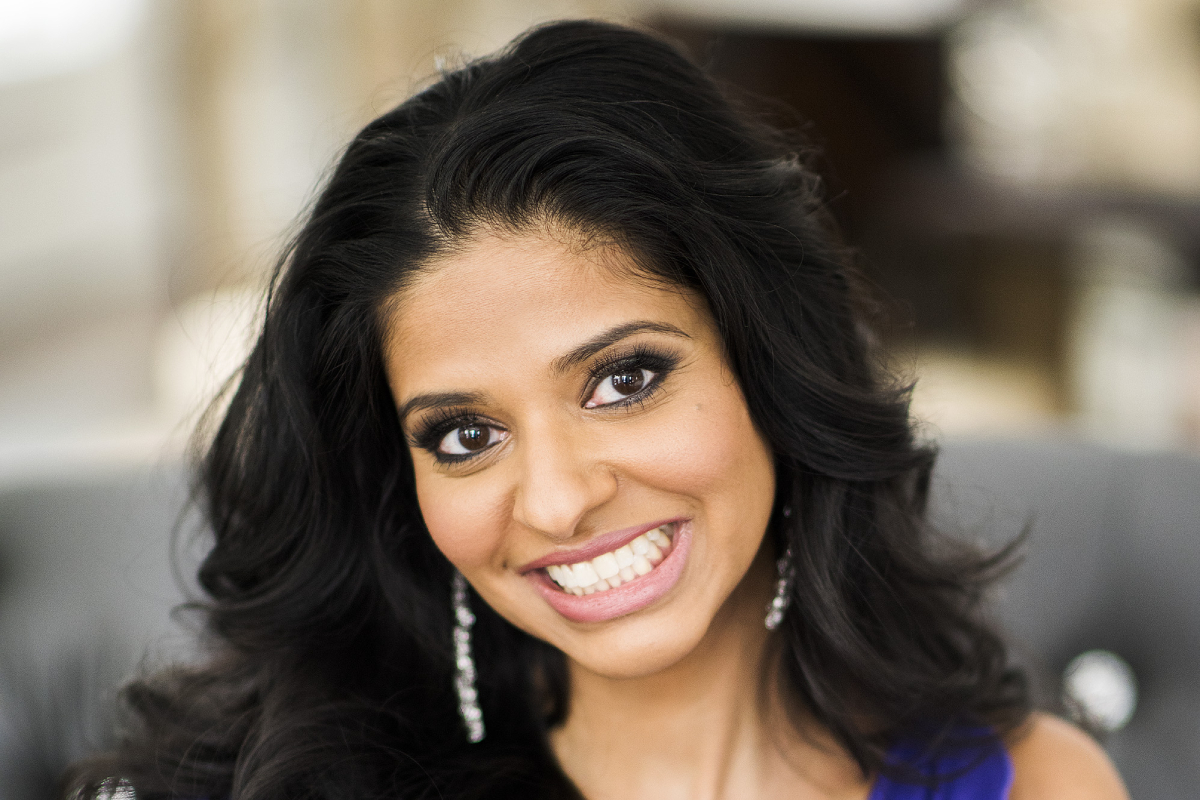Premiered in September of 2013, The Social is a popular Daytime Canadian Television Talk Show and socially interactive series, produced by Bell Media Studios and airs on CTV and CTV 2. Season 8 which began on September 8, 2020, airs live every weekday at 1pm (2pm AT).
The show’s primary focus is to provide daily up-to-the-minute topics that resonate most with their audiences. They also include lively conversations and feedback on various social media platforms, such as Twitter, Facebook, Instagram, and LinkedIn, etc.
The show’s success is due in part to the vast talent, leadership, and expertise that each host brings to the table. They took time from their hectic schedules and spoke with The Edge, about their journeys as hosts, and entrepreneurs, and how they deal with transition and change.
Melissa Grelo
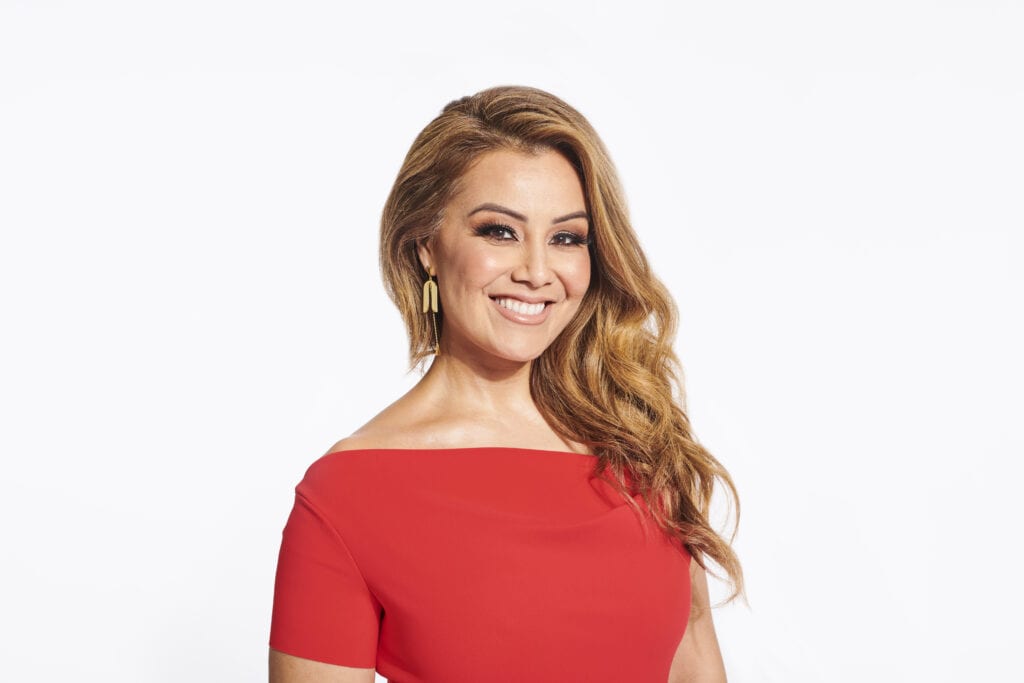
The Social features a diverse cast of strong, opinionated women. How important is it to have a balance of different opinions, even if they might conflict?
Diversity comes in different forms: gender, race, age, life experience, and diversity of thought. Having different perspectives is the lifeblood of our show. Can you imagine how boring it would be if we all had the same views on any given topic? I wouldn’t watch that show! The fact that we don’t see eye to eye about certain topics, or have experienced one phenomenon very differently from one another, makes the show what it is. I will also add that how we communicate and share our different views, and yes, even resolve conflict, is a powerful thing to share with the country. In divisive times, we want viewers to know that you don’t always have to agree, but you should respect one another to be willing to listen to their opinions.
Being in the public eye, you sometimes face negativity from online harassers. How do you navigate the world of social media while maintaining a level head?
It’s been a learning curve, let me tell you! I was an early adopter of platforms like Twitter, Facebook, and Instagram. I began learning a long time ago that you can and will receive all sorts of feedback from being on air, being a public person. I have, sadly, developed a thick skin to most negative feedback, but have also learned to create healthy boundaries for myself and for those I engage with online. For example, I have a rule that I will debate ideas with anyone online, but the moment someone makes a personal attack on my character, looks, my family, the convo is done. I debate and defend ideas, not people’s characteristics. Also, I only choose to read comments on some platforms, and not others, and log off the moment I feel any negativity getting to my soul. Luckily, I generally have a very positive experience online with fans and some have even become friends!
Along with Shayna Haddon, you run a children’s clothing line, marQ. Can you explain what you mean when you call the clothes “stereotype free”?
A society’s expectations for our girls and boys begins the moment they’re born. Don’t believe me? Just walk into a kids’ clothing store and an entire society’s values are distilled into slogans and designs of children’s clothing. In other words, we are either helping to uphold or to dismantle the status quo of gender roles in the clothes we choose to put on our children, when they are very young. In creating gender neutral clothes, marQ believes that a child’s spirit and soul can evolve freely without stereotypes like ‘Pretty like mommy, smart like daddy’ emblazoned across a child’s sweater. Stereotypes, like only boys like trucks and science, and the colour blue; or girls like princesses, the colour pink and only care about looking cute, are often reflected in clothing. These don’t reflect all children’s preferences, nor do they leave room for children who don’t identify with these typical roles at all. By creating unisex clothing, we are saying that a child can create their own reality, their own persona free of expectations, of what the world around them wants them to be.
Being so busy, how do you find an ideal work-life balance?
There’s no such thing as “balance” in my life, only juggling life’s day-to-day challenges. Ask many parents and they will tell you. Between their schedules at home, at work, and with friends and family, plus the schedules of their children at school, and their increasingly busy social calendars and extracurricular activities, just getting through the day is the biggest challenge.
In my house, we have a family activity board that lays out each person’s events and schedule for the week. Every Sunday, my husband and I work out who will cover what activities and make plans around days when either of us has to work early and/or late. We are sure to plan a minimum of one monthly date night, and ensure our daughter is spending adequate time with her extended family, especially her grandparents. We’ve also learned to say ‘no’ to a lot of invitations, preferring to focus on quality family time instead. Finally, we’re a big fan of routine! We eat breakfast and dinner together almost every night of the week and have the same morning and evening routine. Sameness equals saneness in our household.
What’s been the biggest transition in your life and how did you deal with it?
Having a baby was the biggest transition in my life, by far! Nothing can prepare you for the complete upheaval a new baby brings. Essentially, it completely blows up the life you once had, and forces you to begin a new one, in the best way possible. Of course, not without a lot of struggle, and yes, even some
dark days. I was 37 when I had my daughter, so my life was in a groove, you could say.
My husband and I had a great routine, and ebb and flow to our daily lives, and we only had to take care of one another. After having a child, your relationships are tested, your patience is tested, and your relationship with yourself, your identity, your body, [and] your purpose are all tested. How did I get through it? You just go through it. If I would change anything, it would have been to be kinder with myself, and show mercy to myself during a naturally difficult time of change. I was too quick to want to return to my ‘previous life,’ to find myself again not realizing nothing was ever going to be the same as it once was. Mourning the end of your previous life and opening your heart and mind to a new reality, was the most difficult, yet rewarding, part of having a child.
Cynthia Loyst
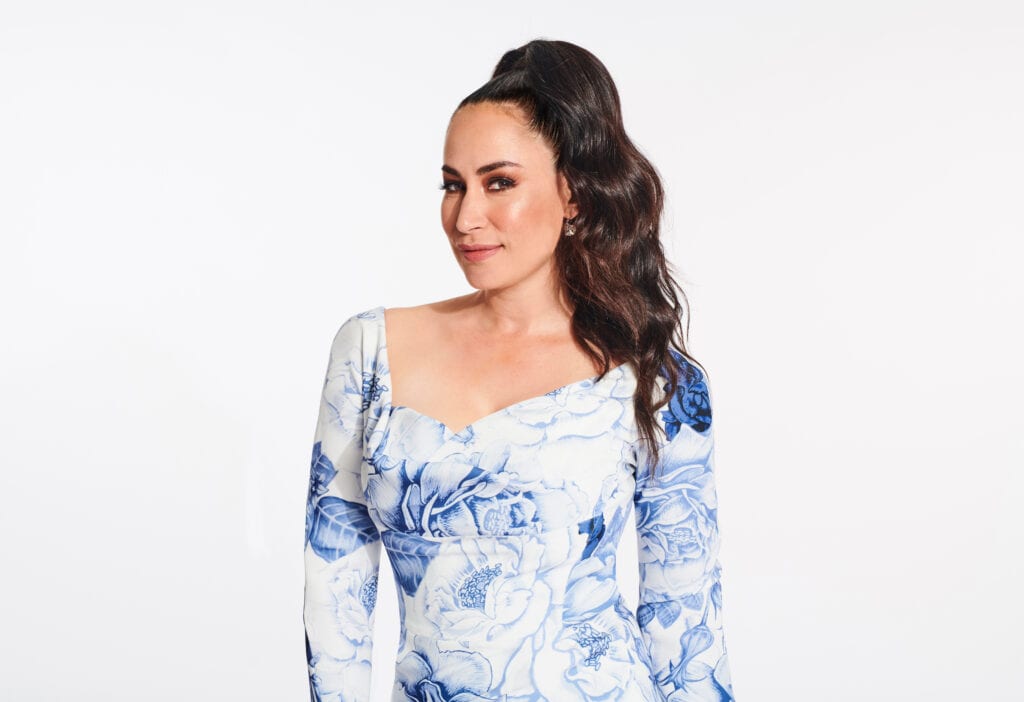
You appear on television, radio, and keynote speaking events, to talk about sex and relationships. How did you come to be the expert on such topics?
I was raised in a fairly conservative environment where no one talked much about sex. As a result, I grew up with a lot of questions, as well as a lot of confusion and guilt. Then, when my older sister became pregnant at 18, a light bulb went off in my head. I felt strongly that knowledge was the key to empowering young women to make safe and healthy sexual choices, so it became a mission of mine to learn as much as I could.
I first took a number of gender and women’s studies courses at university. Eventually I became a producer of an award-winning documentary series about human sexuality, SexTV, through which I was able to research and interview some of the brightest and most interesting minds related to sexuality around the world.
I won an award at the Society for the Scientific Study of Sexuality, for a film I wrote and directed, Losing It: Men, Women & the Myth of Virginity. More recently I studied with, and received a sex education certificate from, University of Michigan.
Can you tell us about your book, Find Your Pleasure: The Art of Living a More Joyful Life, and what
can readers get out of it?
Find Your Pleasure: The Art of Living a More Joyful Life is a cookbook with recipes for life. It’s a deeply personal book, filled with stories and photographs from my life. This book is a culmination of my explorations: a treasure trove of where I found pleasure in the biggest and smallest of places, everywhere from the home to the heart, from the boardroom to the bedroom. It is my hope that it empowers people to resist the notion that pleasure, and indulgence are inherently bad things, and inspires readers to be a part of their own pleasure revolutions.
Do you find that you do a good job following your own advice? How do your co-hosts at The Social respond to any relationship tips you might share with them?
When it comes to pleasure, I still have to remind myself to take my own advice, to prioritize it, carve out time for it and not feel guilty. I recently got back from a weeklong vacation, and I heard myself saying things like, “Oh I really indulged,” as if that was a terrible thing! I had to actively replace that narrative in my head with a new story: “No, it was a vacation – it’s okay to indulge!”
Regarding co-hosts and advice: I once did a segment about spicing up your sex life in long term relationships. I suggested that one thing you could do is meet up with your partner at a hotel lobby bar dressed in an entirely different kind of style than usual. Then act like strangers and flirt with each other. I won’t tell you which one of my co-hosts did this with her partner, but I will say that she said it was a lot of fun.
What do you feel it is you offer to the show that’s unique?
In the history of daytime talk shows, I don’t think any other hosts have ever used the word vulva as much as I have. I use that word because it’s important, when we discuss anatomy, not to ignore the most pleasure filled parts of a woman’s body (which we do when we say “vagina”).
I also think that I bring a degree of empathy to all people – probably even, at times, towards those who may not deserve it.
What’s been the biggest transition in your life, and how did you deal with it?
There are two: one was going from behind the scenes as a producer, to in front [of the camera]. I was deathly afraid and was absolutely awful when I started out. But, in spite of my fears and anxieties, I persisted: went to Toastmasters, took improv classes, and made a whole lot of mistakes. I’m so glad I stuck with it because the pain was worth it. It truly has brought a whole new dimension to my life.
Also, becoming a mother. Truth be told, I really wasn’t sure I wanted to be a parent. Growing up, I didn’t have much interest in kids, and loved my child-free life. But when I hit my 30s things slowly began to change, and I decided that I might regret it if I never even tried. We were lucky enough to get pregnant fairly quickly, and slowly I just kind of “leaned in” to the whole thing. I actually surprised myself how much I have enjoyed becoming a mom. However, someone once described the feeling of becoming a parent is like putting your heart on the outside of your body, and that description is fairly accurate. It’s a hugely vulnerable feeling, but I think it connects us to other people in ways that we never imagined.
Lainey Lui
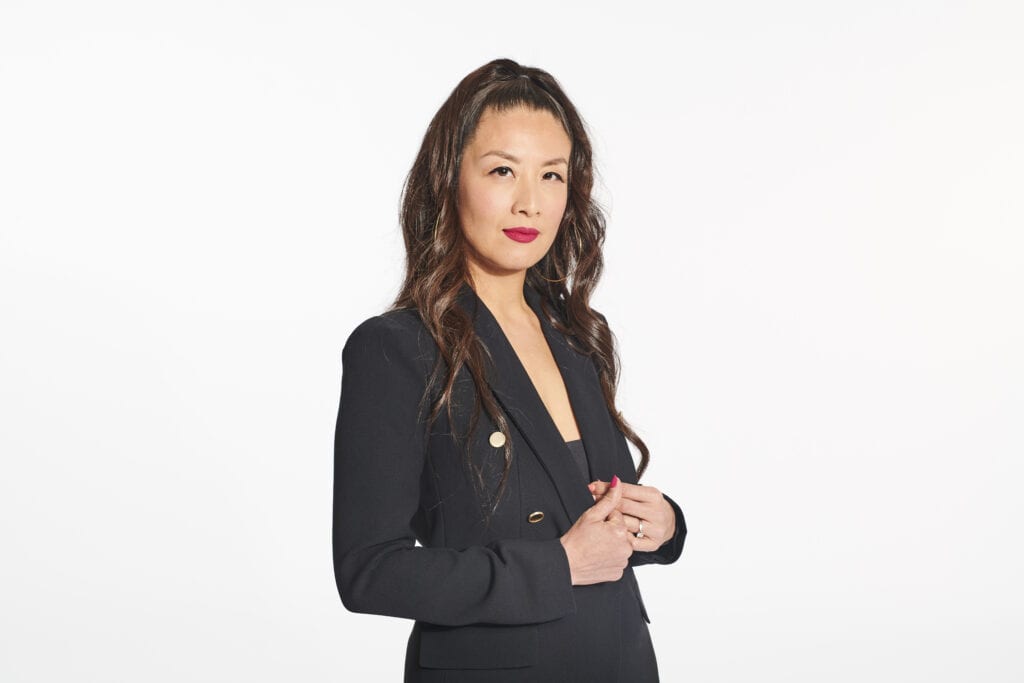
You’ve always had an entrepreneurial spirit, which eventually led you to etalk and your blog, laineygossip.com. What tips do you have for women starting out on their entrepreneurial journey?
Everyone’s entrepreneurial ambitions are different, and I don’t think success, or getting there, is the same for each person. I think this is how female entrepreneurs are changing the landscape, because according to the old model, the word “entrepreneur” applied to men – and white men at that.
The fact that women have broken into and are continuing to push forward in business and industry, and creating space for themselves, is in itself a new path that has no precedent. And women are doing it in areas that not too long ago were not considered conventional business streams.
They’re working from home; they’re monetizing what used to be considered gendered tasks. In my case, I made a career out of blogging. No one had even heard of this 20 years ago. Women have been imaginative and resourceful – and, really, that’s all you need at the beginning. Women can figure out for themselves what comes next.
How do you manage not being overwhelmed, given all the different jobs you have?
The truth is, I am overwhelmed. I don’t ever want to pretend that my workload is easy, or that I can always keep up with it, because I can’t. At least not without help. Being able to do all my jobs means that I don’t contribute much at home, and I’m fortunate that my husband oversees all of the daily domestic responsibilities that are impossible for me. I also have colleagues who help me manage my schedule, and even then, I have to work in 5 to 10-minute multitasking blocks to be able to get it all done. So, it all comes down to strict time management and the downside to that is that I don’t have much room for spontaneity. These are things that I’ll eventually have to address if I want to set and reach new goals.
What’s one topic on The Social that you thought didn’t get enough attention?
I’m always trying to work [South Korean boy band] BTS into any conversation on The Social. They’re my obsession. The co-hosts, I think, are getting kind of sick of it. Which only makes me want to do it more. We can never have enough BTS.
How do you handle fear of the unknown in the industry?
It’s undeniable that media is changing rapidly, and I find it as intimidating as the next person. That said, storytelling and the human need to tell stories, new stories, and to share and communicate will never go away. If you prioritize storytelling and make it possible for others to tell their stories, especially stories that have not been given the spotlight, this is a skill that will never age out.
Jess Allen
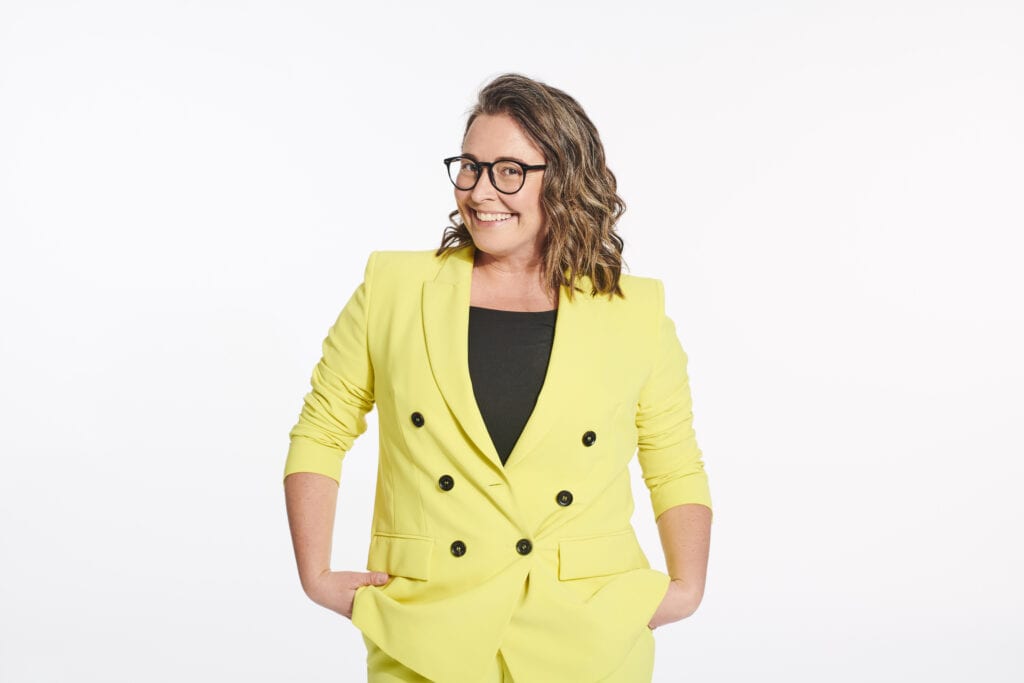
What key lesson have you learnt since you started on the show?
Blink, and there goes seven years.
You’re involved in a lot of projects including Jess Files, Foodies and The Beast, and My TV Dinner. Can you offer any insights on work life balance?
These are all former projects. Still, I don’t have any personal insights on work-life balance. But something Johann Wolfgang van Goethe wrote a million years ago has always stuck with me: “Most people toil during the greater part of their lives in order to live and the slender span of free time that remains worries them so much that they try by every means to get rid of it. ”Basically, if you can, don’t work to live and don’t live to work. And the good stuff often happens somewhere in between—when you least expect it.
Do you have a personal mission statement?
I wonder if I’d be happier or more successful if I had a mission statement but I don’t think I’ve ever desired or sort of formal summary of my ambitions and aims. We’re lucky to squeeze in some love and a handful of beautiful experiences that become permanent memories in this little life. The rest is a bit of a mystery. I’ve become (mostly) content in experiencing that mystery, rather than obsessing over finding the answers. Actually, maybe I do have a mission statement: “Anyone who claims to have the answers to it all is a charlatan.”
How has your previous work experience helped The Social? Do you use your background to navigate through some of the everyday challenges?
Maclean’s certainly helped me to find my voice, and with research, especially quick research. But the skills that were sharpened while working in the restaurant industry are probably the ones that still serve me best: Specifically, reading an audience and being able to adapt your own behaviour, speech, and actions to best suit and please that audience. Oh—and shucking oysters. One time on the show I got to do that. And let me tell you, I felt pretty pleased with myself.
Jennifer M. Williams | Editor-in-Chief
Photo Credit: Photos courtesy of CTV

